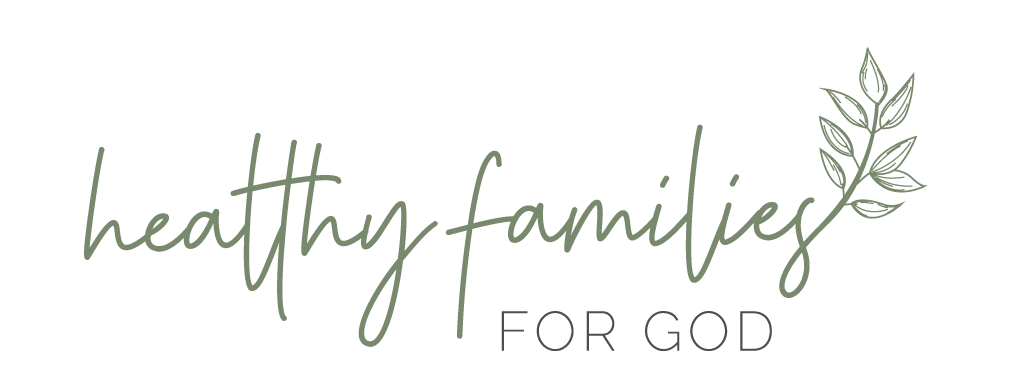If you've read my post on Milk: Harmful or Healthful and you see that pasteurized milk is more harmful than helpful, can't get your hands on fresh raw milk, or have a casein/dairy allergy, here are the non-dairy alternatives I recommend. First, I don'y recommend rice or soy milk. Rice has unfortunately been a very high source of cancerous arsenic; plus it doesn't make a healthy milk.
Soy milk is extremely harmful to our health. This is an article by itself but in general, consumption of unfermented soy like soy milk, tofu, soybean oil, etc. is a major contributing factor to hormone imbalance, thyroid disease, and breast cancer.
The non-dairy milks I recommend most are coconut and almond milk.
If you purchase almond or coconut milk from the grocery store, there are a few things you want to watch out for and even make your own homemade almond/coconut milk if possible. The things to avoid are:
--SUGAR! Many non-dairy milk alternatives have loads of sugar which can make that product just as unhealthy as a candy bar. Be sure your almond/coconut milk is unsweetened with no added sugars.
--Vitamin A palmitate--This is a synthetic form of vitamin A that the body can not absorb/utilize and poses risks.
--Vitamin D2--This is also a synthetic form of a vitamin that is toxic. Vitamin D3 is the only supplemental form of vitamin D we should consume/take. (Note that D2 is also the form of vitamin D often prescribed by doctors, so avoid the prescription vitamin D and purchase a vitamin D3 supplement instead.)
--Carrageenan--While once thought safe, this additive used to thicken foods/drinks is now being discovered to contain health hazards, both short-term and long-term. Carrageenan is inflaming to the digestive system. It is formally classified by the International Agency for Research on Cancer (part of the World Health Organization) as a potential human carcinogen.
--BPA--If your non-dairy milk comes in a can, it is most likely lined with the toxic chemical BPA. This pervasive environmental chemical is found to pass through breastmilk to breastfed babies and poses many risks, especially when consumed as part of a regular, daily diet.
Making homemade almond and coconut milks are easy!
To make almond milk homemade, go here: http://www.pinterest.com/pin/118289927687320807/
For making homemade coconut milk, go here: http://wholelifestylenutrition.com/recipes/drinks/how-to-make-fresh-organic-coconut-milk-dehydrated-coconut-flakes-video-2-of-a-4-video-series/
For good brands that do not contain added chemicals, sugar, etc., check out Native Forest organic coconut milk that is BPA-free: http://www.vitacost.com/native-forest-organic-coconut-milk-13-5-fl-oz-4 (Be sure to use my referral link for $10 off your first purchase of $30 or more from Vitacost: https://www.vitacostrewards.com/Bl9Qddk ) If you order from Azure Standard (more info about that in my How To Eat Healthy On A Budget Class), they also sell this canned coconut milk by the case.
or Aroy-D coconut milk (available online and in Asian food stores).
I think hemp milk would also be a good alternative as well, but this is a tough one to purchase without the added fillers like those listed above, and can be a little more complicated to make homemade ;-)
All this said, it's important to note that the nutrition in non-dairy milks will not measure up to that found in fresh, raw milk from goats and/or cows fed and raised the way God intended. If you missed my post on milk, be sure to check it out!
Blessings of good health,
Sara

